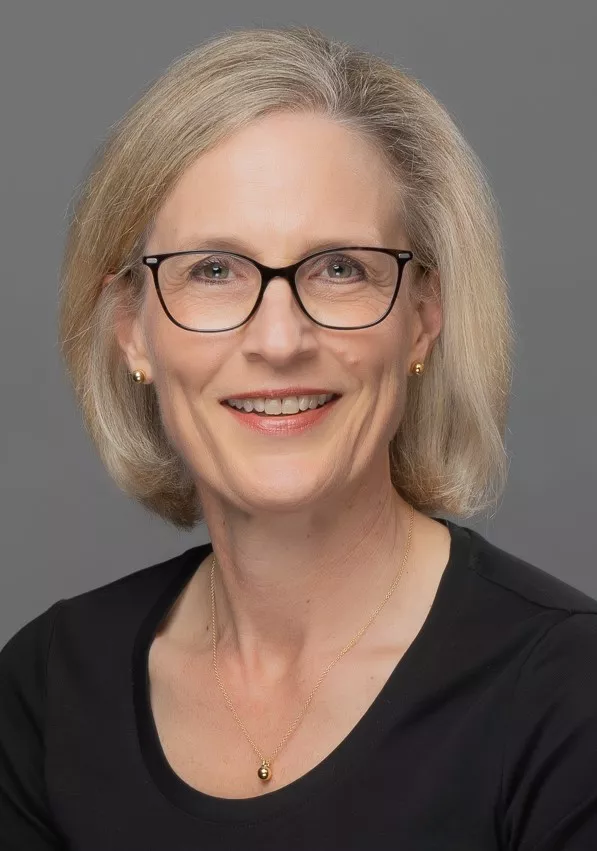The UK Chief Medical Officers’ advice to offer all 12-15 year olds the COVID-19 vaccination comes at the end of months of debate with a wide range of firmly held, and often quite polarised, views.
As a College we have taken our role in this process very seriously indeed and given the gravity of this decision for every one of us, as well as the children and families in this age group, I thought it was important to write to you to explain what the College’s involvement has been and to describe how we arrived at the recommendation we are making.
Ever since the Medicines and Healthcare products Regulatory Authority (MHRA) approved the use of the Pfizer COVID-19 vaccine for use in children 12 years and above, there has been discussion about whether the UK would recommend its routine use. Many other countries have been on a similar journey and are currently offering it for routine use in 12-15 year olds. The Joint Committee on Vaccination and Immunisation (JCVI) had been undertaking a detailed analysis of the safety and efficacy data before making a recommendation to government.
As you may know, after many rounds of deliberations and consultations with scientists and clinicians both in the UK and the US, JCVI announced on 3 September 2021 that although there are some marginal direct health benefits from the vaccine, there is still uncertainty about potential side effects (primarily vaccine-induced myocarditis). They acknowledged that they had not been tasked to consider the wider impact on children’s health and wellbeing because of the pandemic and national lockdowns, and so made an unusual further recommendation that the four UK Chief Medical Officers be asked to consider the wider societal and educational impacts of the pandemic and the potential benefits the vaccine may offer in that context.
The four CMOs approached a number of medical royal colleges, including the RCPCH, to describe our impressions and professional assessments of how children and young people have been impacted over the last 18 months, and to represent the views of our colleagues on whether we believed universal vaccination of all 12-15 year olds would offer advantage to this group. We were specifically asked to address the impact on education and the mental health impact, as well as the operational consequences of rolling out a COVID-19 vaccine programme to this age group.
I think it is no exaggeration to say that this request from the CMOs, and the opportunity to contribute to such an important debate, has been one of the most important moments for the College during the pandemic. In presenting the College’s view, we drew on the insights from the College’s Senior Officers and National Officers, feedback they had been hearing from members and also our children and young people (CYP).
...the loss of access to school is probably the single most important issue for children currently
It won’t surprise you to know that we spent a lot of time in detailed discussion weighing up the arguments for and against vaccination. We also shared experiences of witnessing the enormous and very concerning impact on children’s mental health in the last eighteen months. This is disastrous not just for the individual children but also for the impact on acute paediatric services and CAMHS (Child and Adolescent Mental Health Services), which were struggling to meet needs even before the pandemic. In addition, everyone voiced concerns about lost opportunities for children in terms of their social contacts, development, opportunities for physical activity, access to school-delivered health services, wider wellbeing and the opportunities for safeguarding concerns to be identified. Finally, there was unanimity that reduced access to school will disproportionately impact children from more deprived socio-economic groups and that this can have lifelong repercussions.
We formed a view that the loss of access to school is probably the single most important issue for children currently. We all recognised that children thrive on routine and structure. We therefore came to the view that if vaccination means that 12-15 year olds can have a greater chance of attending school – and staying at school this winter, then we would support its use.
However, we do not see the vaccine as a “silver bullet”. Vaccination alone will not keep children in school – it will need to be part of a package of measures. In particular, routine testing of children without symptoms is still interrupting children and teenagers’ school attendance and we do not believe this should continue. Ultimately, we would advocate for Sars-CoV 2 to be treated as we treat all the other viruses that can cause infection in children and adopt a symptoms-based approach, ie if your child has a fever or is in any way unwell, they should stay off school. However, they should otherwise attend school.
Children feel they are being blamed for the current rise in case numbers and this is both unfair and worsening the psychological impact on young people
It's important that COVID-19 vaccination programme in schools does not interfere with other school vaccination programmes. There should also be clear and non-judgemental advice available about the risks as well as the benefits of COVID-19 vaccination to CYP, parents and carers.
This was the message that I shared with the CMOs. I also shared what we’ve been hearing from CYP, such as how much CYP wish to have a choice and how they want clear information that will help them and their parents make a decision whether to accept the offer of the vaccine or not. I was also able to say that children feel they are being blamed for the current rise in case numbers and this is both unfair and worsening the psychological impact on young people. Finally, I made it clear that consent for vaccination will need a carefully balanced discussion with each young person and that to do this justice, enough time needs to be set aside.
I’ve communicated our message clearly but how this will play out over the next weeks remains to be seen. As paediatricians we will need to play our part in counselling and supporting CYP and their parents to make the best decision for them. We need to protect them from being blamed or burdened by the pandemic, including if they choose not to have the vaccine. The public know that JCVI felt unable to make a clear decision on the direct health benefits to CYP alone. We need to support the final recommendation that has been made by the four UK CMOs, and we have a role to play in providing clarity and a clear choice to the young people we care for and work with. We are committed to supporting you as we hear more and I will continue to keep in touch.
With best wishes,
Camilla
This message is being emailed to all RCPCH members who are opted in to receive College updates / professional updates. You can update your contact preferences at any time - log in to your RCPCH online account, go to My account | Your contact preferences, then make sure you've ticked College updates / professional updates.








